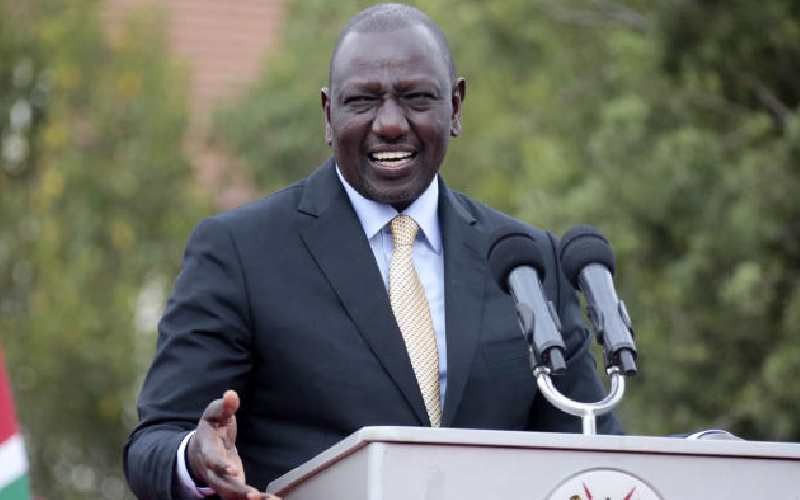×
The Standard e-Paper
Join Thousands Daily

President-Elect William Ruto at the Deputy President Residence in Karen, Nairobi on August 5th, 2022. [Boniface Okendo, Standard]
President-elect William Ruto is scheduled to be sworn in tomorrow to commence his long-and-winding journey of navigating UDA manifesto, purposively designed to ensure Kenya realises economic transformation, and also the establishment of a strong, responsive and vibrant public service.